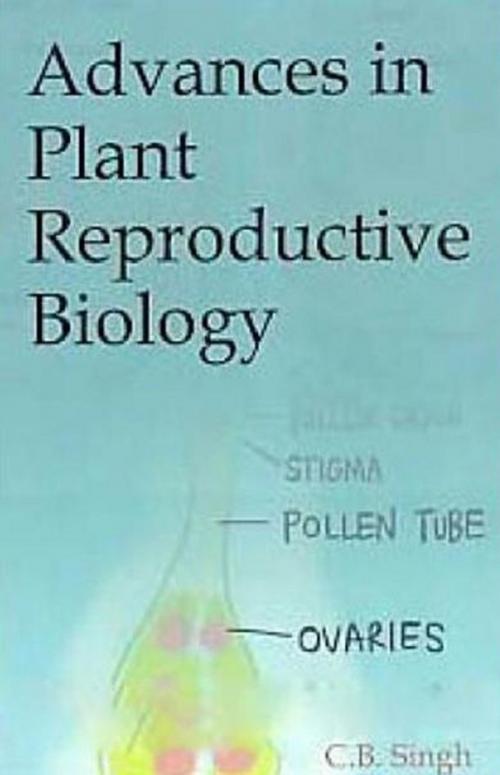Advances in Plant Reproductive Biology
Nonfiction, Science & Nature, Science, Biological Sciences, Botany, Nature, Plant Life, Plants| Author: | C. B. Singh | ISBN: | 9789387798342 |
| Publisher: | Anmol Publications PVT. LTD. | Publication: | June 30, 2013 |
| Imprint: | Anmol Publications PVT. LTD. | Language: | English |
| Author: | C. B. Singh |
| ISBN: | 9789387798342 |
| Publisher: | Anmol Publications PVT. LTD. |
| Publication: | June 30, 2013 |
| Imprint: | Anmol Publications PVT. LTD. |
| Language: | English |
Genomics is changing many areas of inquiry and plant reproductive biology is no exception. Although in its infancy, the application of molecular population genetic approaches will surely provide important insights into the mechanisms governing changes in reproductive system as well as their genomic consequences. For example, molecular genetic approaches can inform our understanding of how, when and how many times particular transitions have evolved, as has recently been done for the evolution of selfing in Arabidopsis and Capsella, respectively; To understand the proximate mechanisms governing pollination and mating, it is also crucial that we identify the genes responsible for key reproductive traits. Biological processes such as flowering, function and behaviour of gametes, embryogenesis and seed developments have been the focus of scientific pursue in laboratories working in the field of plant reproduction. The authors have addressed various aspects related to plant reproduction in a way to give a comprehensive view of the recent developments and the trend of current research in this field.
Genomics is changing many areas of inquiry and plant reproductive biology is no exception. Although in its infancy, the application of molecular population genetic approaches will surely provide important insights into the mechanisms governing changes in reproductive system as well as their genomic consequences. For example, molecular genetic approaches can inform our understanding of how, when and how many times particular transitions have evolved, as has recently been done for the evolution of selfing in Arabidopsis and Capsella, respectively; To understand the proximate mechanisms governing pollination and mating, it is also crucial that we identify the genes responsible for key reproductive traits. Biological processes such as flowering, function and behaviour of gametes, embryogenesis and seed developments have been the focus of scientific pursue in laboratories working in the field of plant reproduction. The authors have addressed various aspects related to plant reproduction in a way to give a comprehensive view of the recent developments and the trend of current research in this field.















